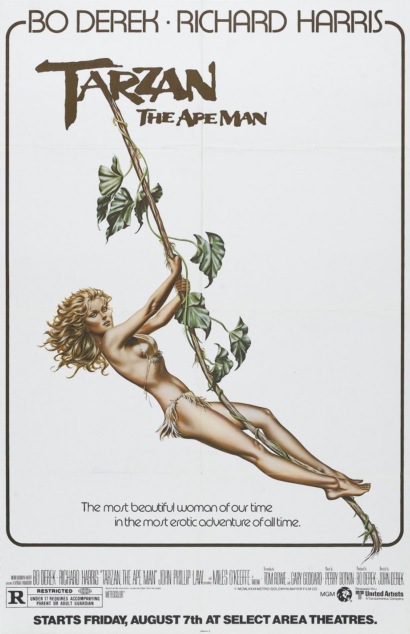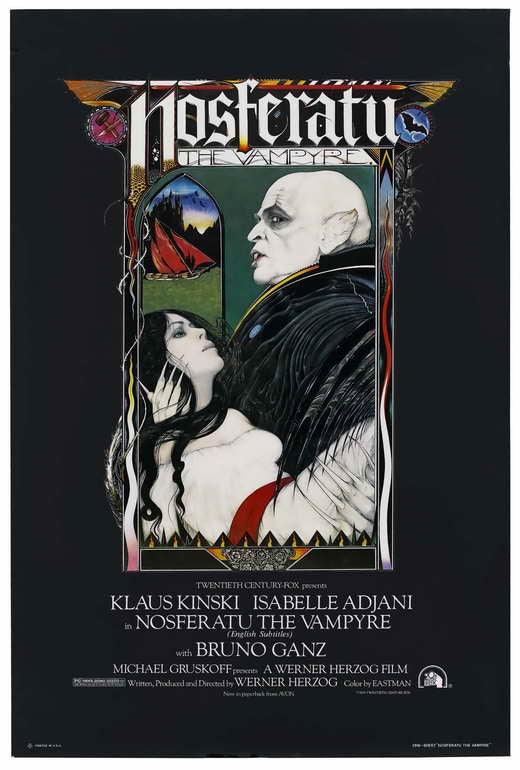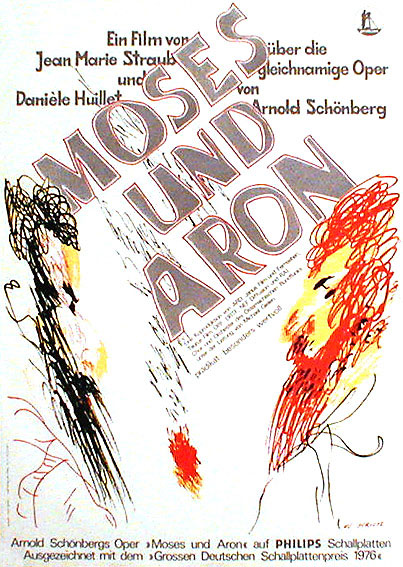Halloween
(2018) - Directed by David Gordon Green
--------------------------------------------
Slasher
-------------------------------------------------
"I would suspect the notion of being a predator or the fear of becoming prey keeps both of them alive."
(2018) - Directed by David Gordon Green
--------------------------------------------
Slasher
-------------------------------------------------
"I would suspect the notion of being a predator or the fear of becoming prey keeps both of them alive."

Yeah, yeah, I'm late for the actual time of the year, yadda yadda. The only reason I'm getting this out of the way now is because I've seen every Halloween movie up to this point, and this one's getting taken off of Netflix soon. Now I've had some interest in seeing this for a while since I love seeing Jamie Lee Curtis being a total bazooka broad. Halloween isn't my choice for best slasher franchise (I'm a Wes Craven guy), but I've gone through a few slasher catalogs and I found myself pretty happy that this got good reviews. So after putting it off for so long, trying to study other scenes in the cinematic world, it's time to begin the final chapters of the Halloween legacy (before that TV series comes out).
This whole new take on the sequels, ignoring everything before, follows the same simple concept as the first. Exactly 40 years on the dot, Michael escapes to look for the survivor of his last killing spree: laurie Strode. And she's been preparing for that... a little too well. Her paranoia has lead her relationship with her daughter Karen to be completely strained, although her granddaughter Allyson wants to rekindle the relationship. At first, Karen doesn't believe that Michael's returned, but the killings become too much, and Laurie's not gonna let this one slide.
Now it's obvious that David Gordon Green is a big fan of Halloween. Look at the way these scenes are directed following Michael around like we're a bystander who's just along for the ride. I guess if you're a fan of the franchise, a part of you must've been waiting for that for quite a while, or maybe it'll feel like "awhile" if you're new and binged the series in a short period of time. Unfortunately, this also means we have a general idea of what to expect. So the only thing in the director's department that separates this sequel from most of the others is the nostalgic homage. But thankfully, the movie's still fairly scary. I suppose what helped the film be a bit scarier than most of the sequels is the total aura of awareness that Green exudes, being the awareness of the film's original aura as well as awareness of the bad case of sequelitis. This movie is so much less about the gore in your face (beside a couple instances, one of which I didn't care for), and more about the idea of being stalked. THAT is Halloween, although by this point it's a bit late to save the franchise forever.
Now the story once again tackles the simplicity of the concept and does little to go beyond it. The plot is largely the same as the first with generally minor fluctuations. This semes to be a movie for fan nostalgia more than anything. However, there is one thing to take into consideration: Curtis, more demanding in canon and onscreen than ever. Scenes involving the teenagers will often be generically written and just detailed enough to get by, like a storebought potato salad you "don't hate." But then we get to the legacy characters, and things take a "superfan who reads the wiki" turn for the fans. She's essentially become a mini-Batman who I'd like to see slaying some effing Deadites with Bruce Campbell (lookin' forward to Evil Dead Burn). And of course, our new superfan successor to the late Loomis has a couple little surprises of his own, but I'm not spoiling that.
There are only so many justifiable Halloween additions that can be made. The simple concept has been done before, and unless you get the one right person for the job, there may never be a better Halloween movie than the first. But Jamie once again proves that the reason to watch REAL slashers isn't for the killings... it's for the bad-a bitches. I really enjoyed Curtis in this one, and was more or less satisfied with the results throughout. I WAS, however, hoping to like it a bit more, but I suppose the simplicity of Halloween's concept is still pretty much that to me: simplicity, kinda like some section of Laughing Stock by Talk Talk, which I would rate the same as the first Halloween.
= 67.5
David Gordon Green needs 2 more films to qualify for a directorial score. Totally gonna watch those soon.




